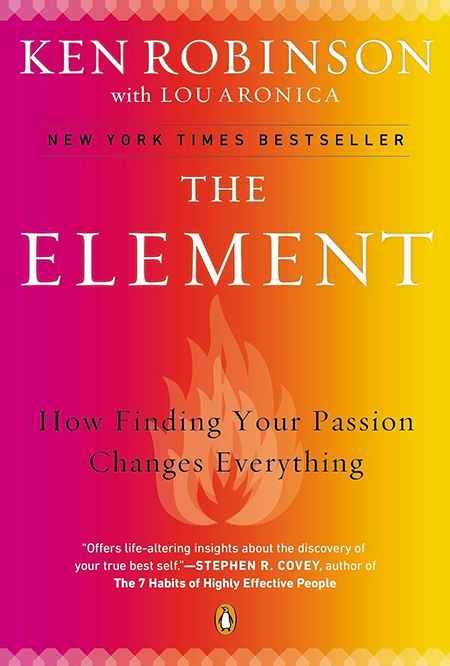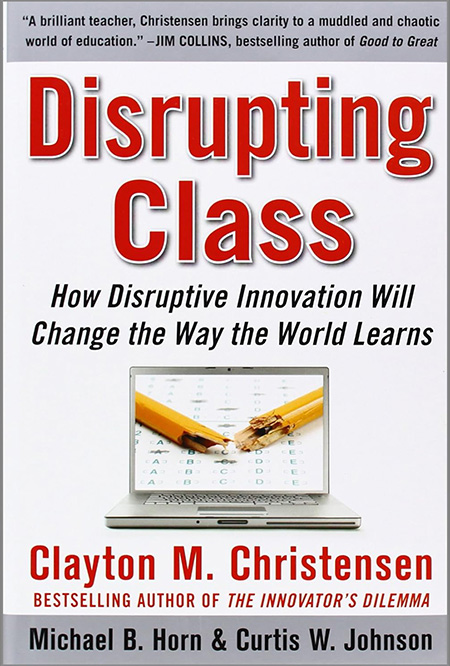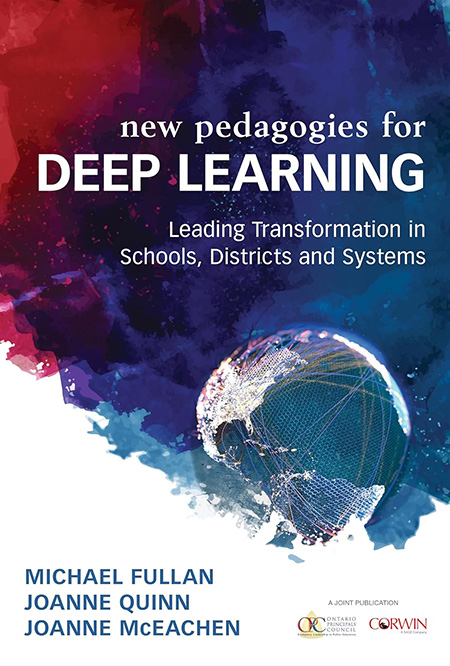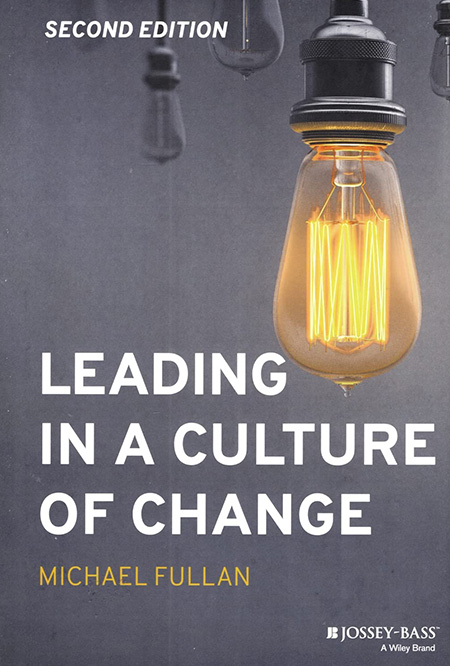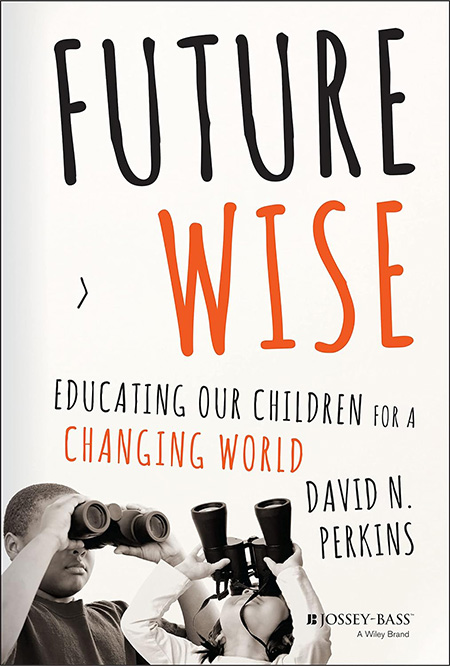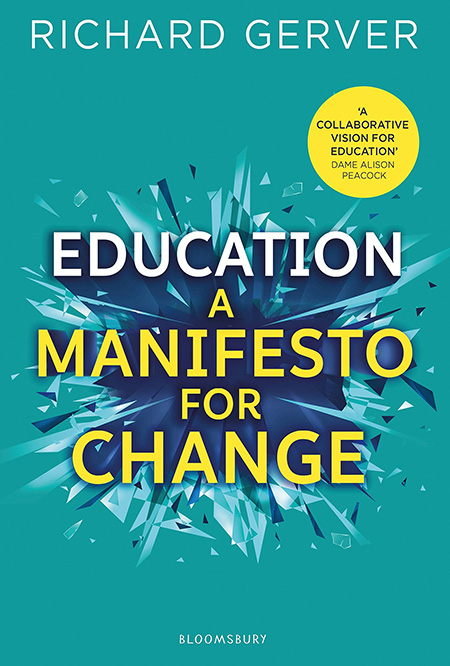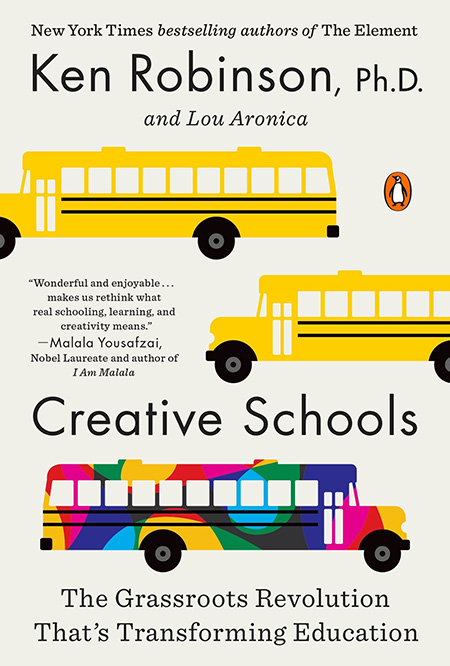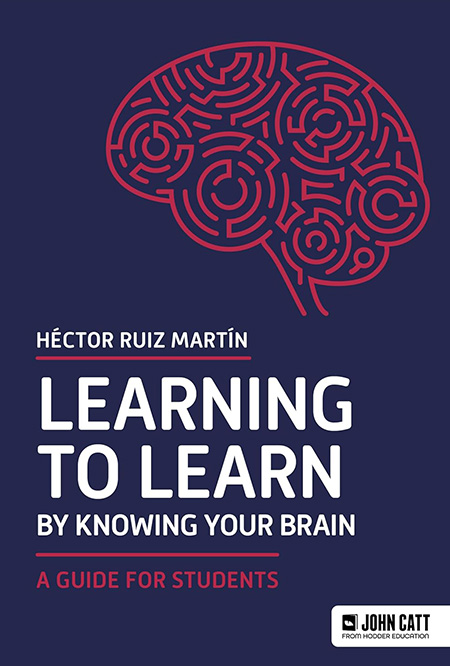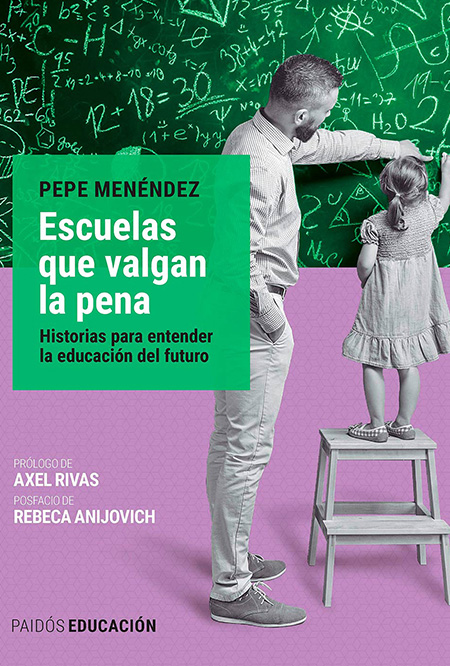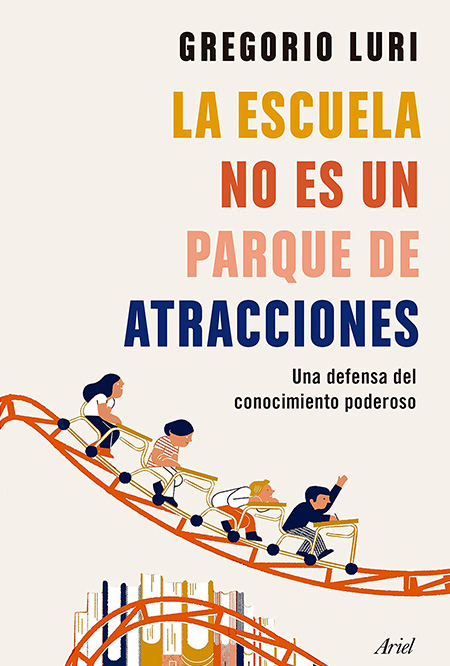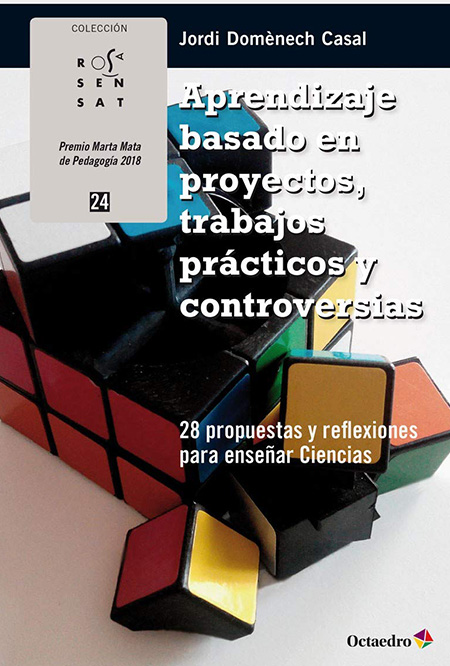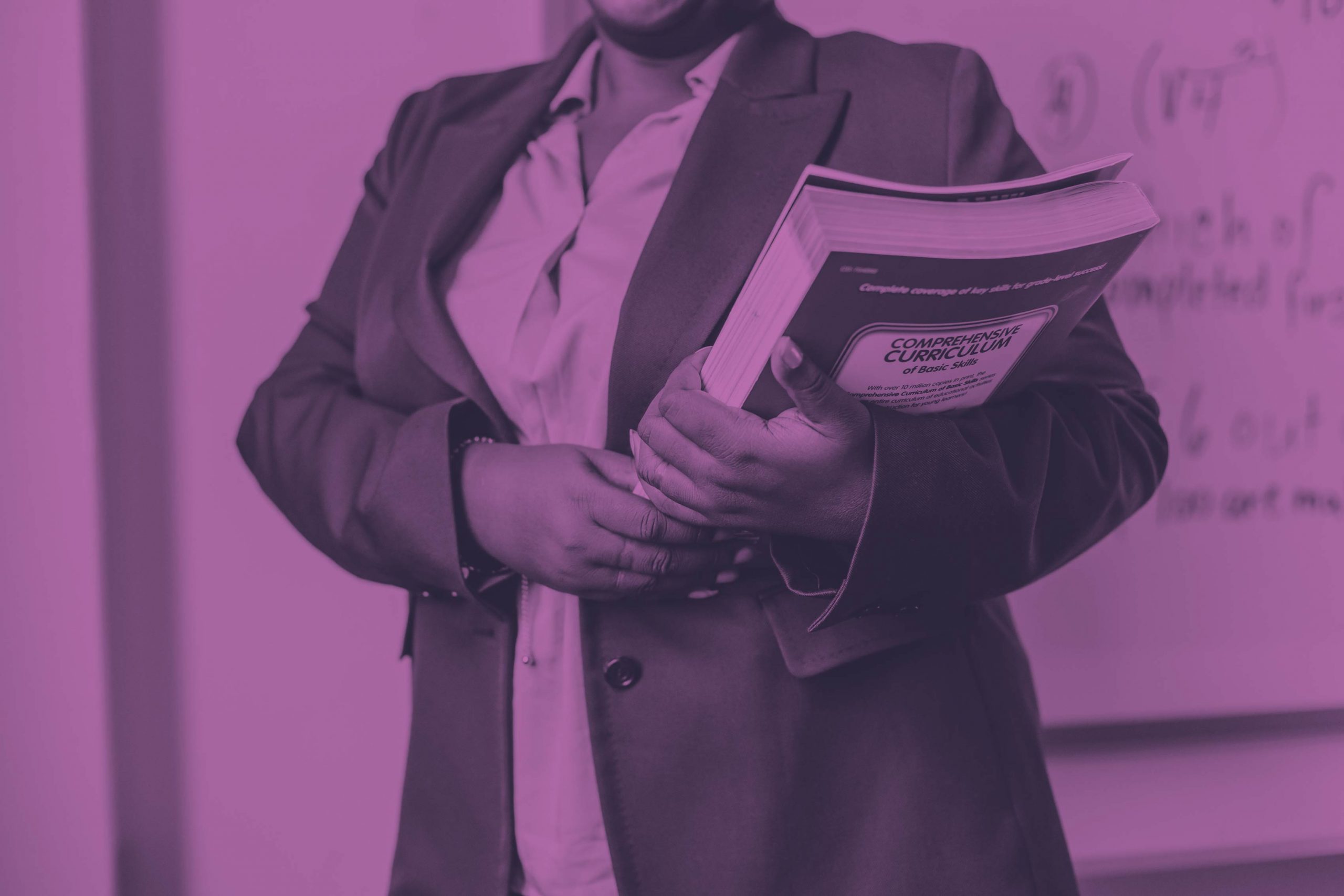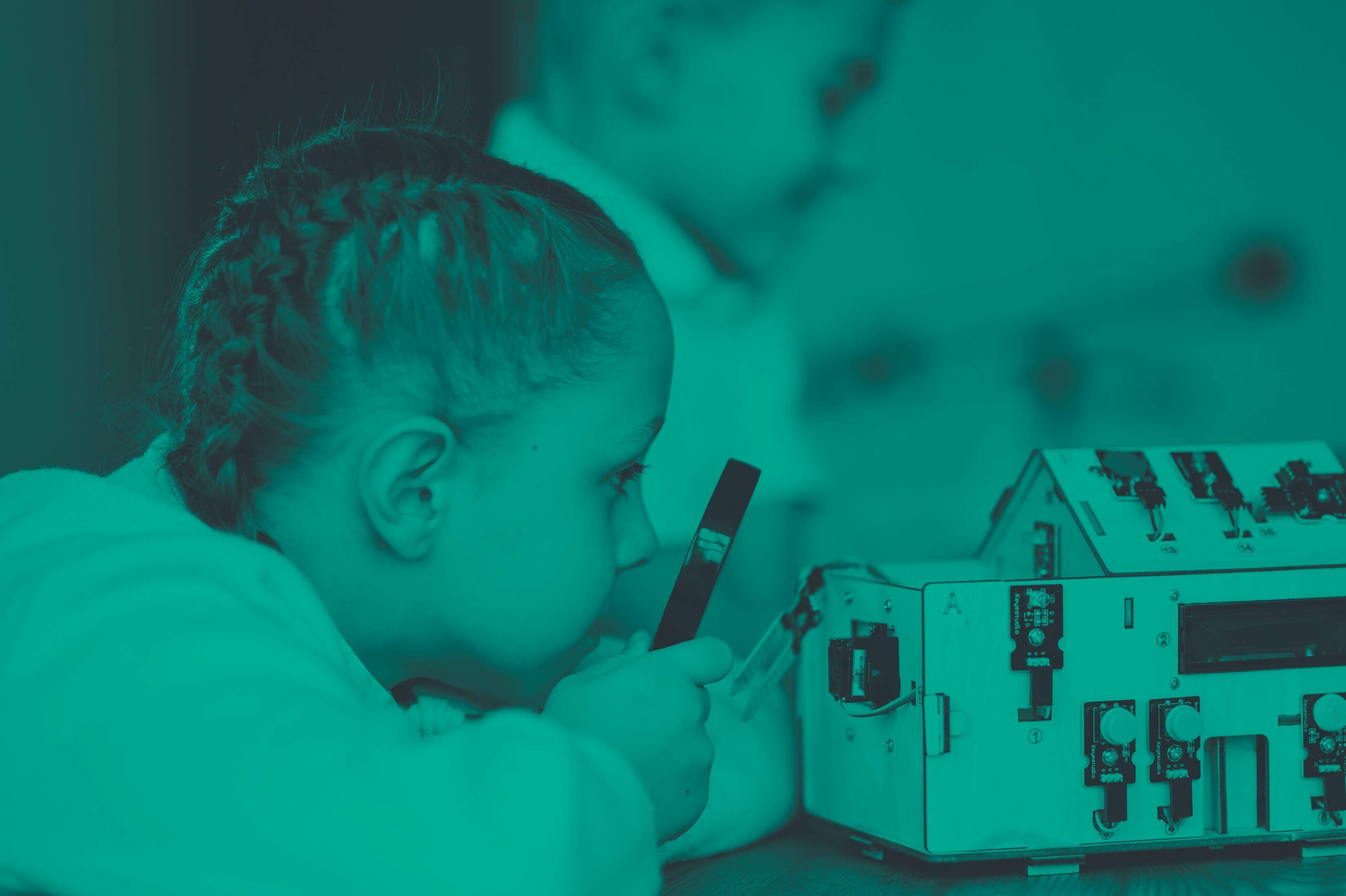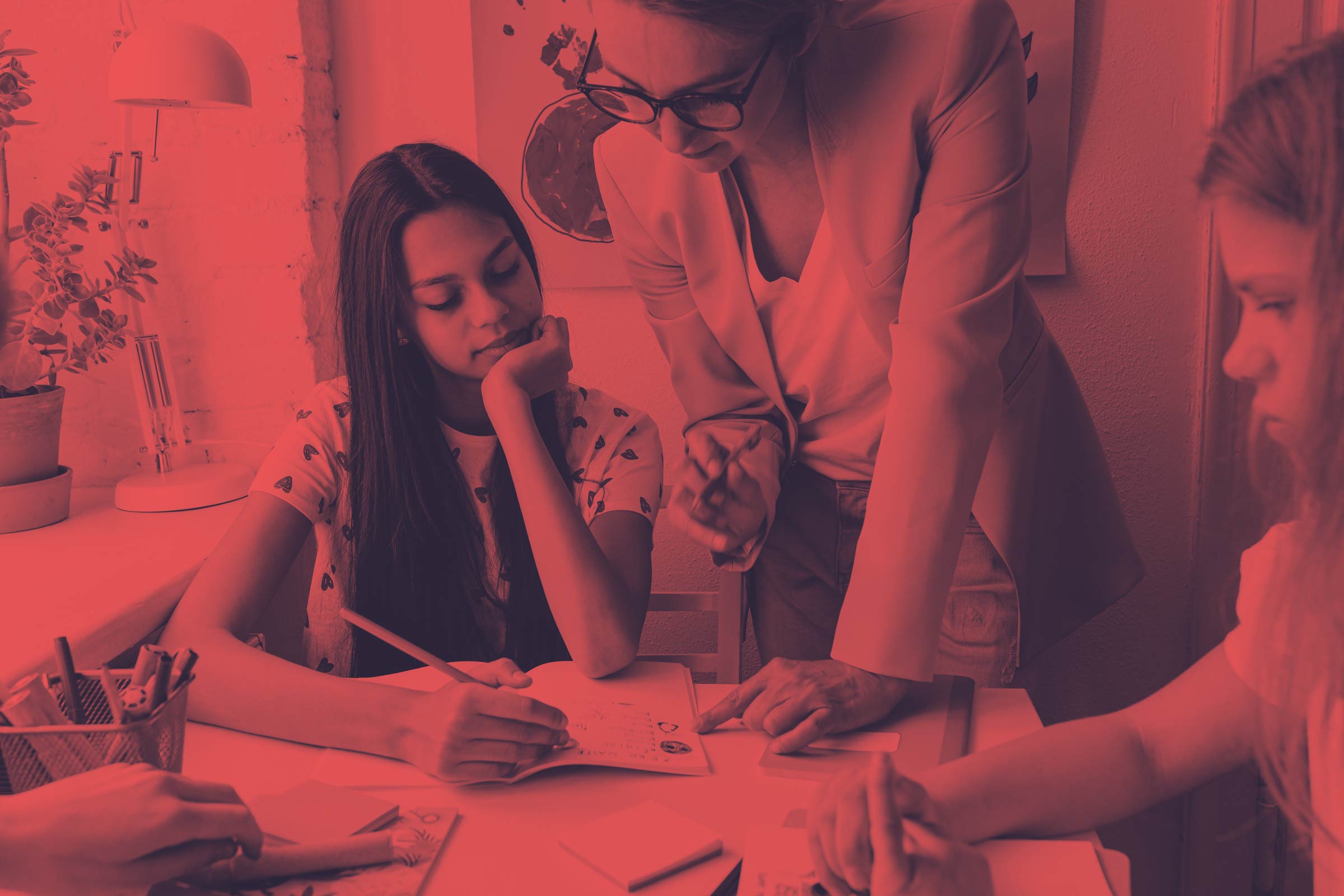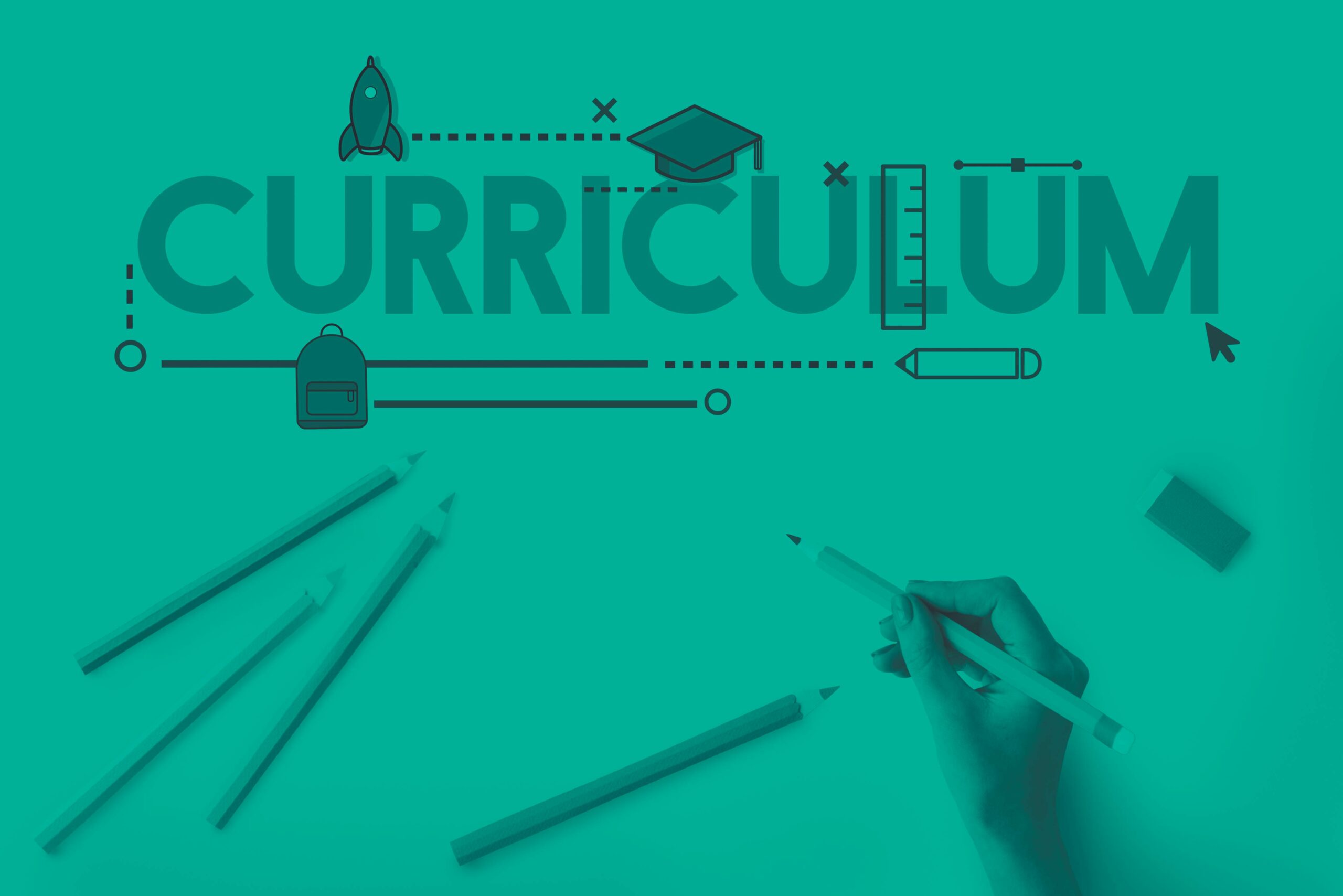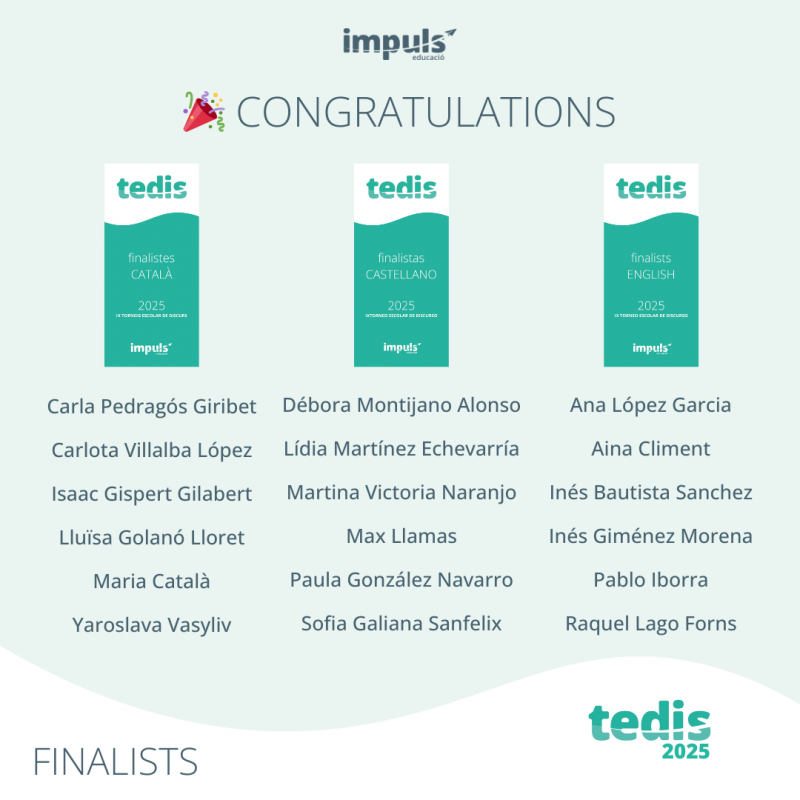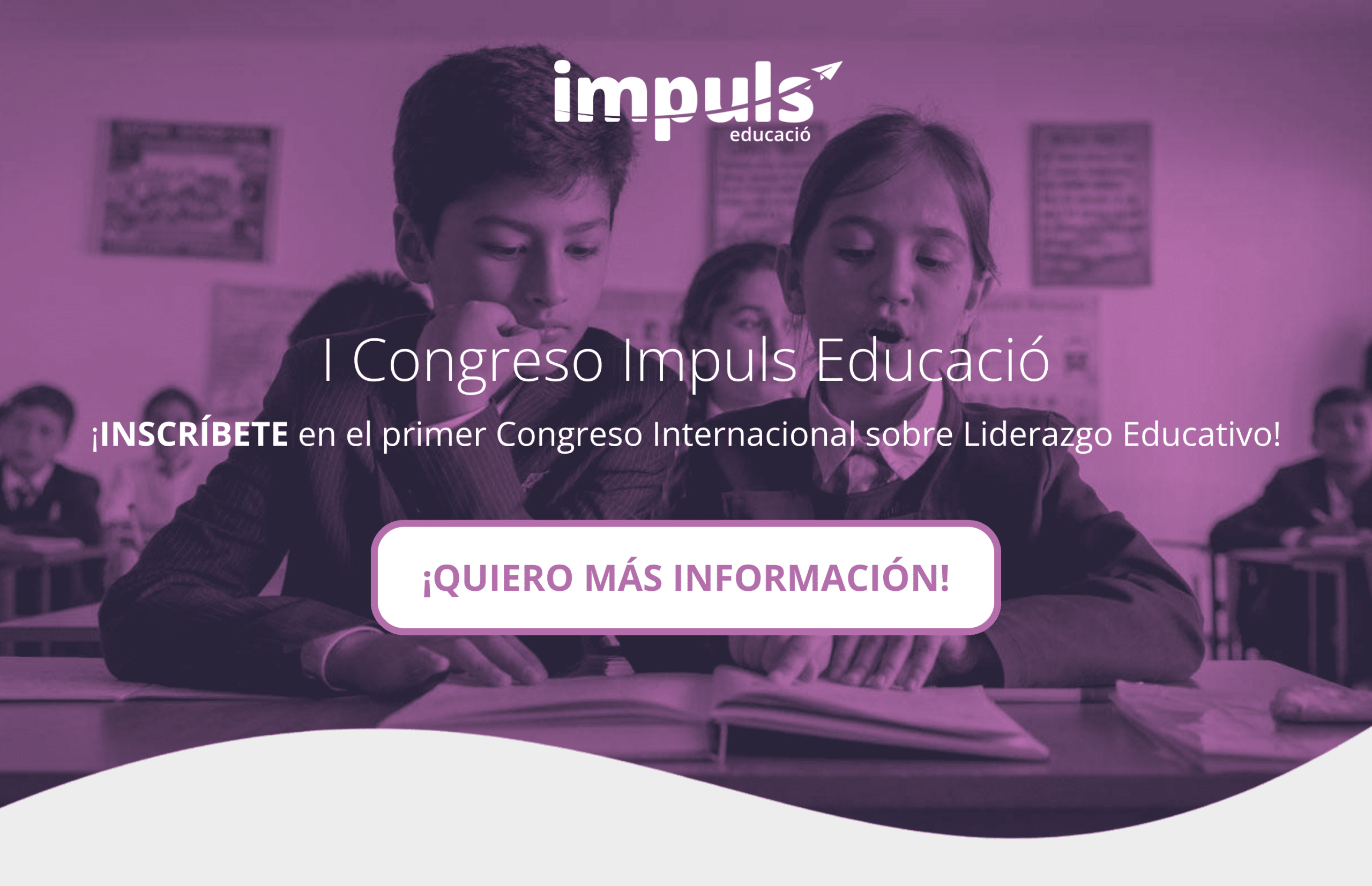Educational Transformation Library
Aprendizaje basado en proyectos, trabajos prácticos y controversias
Summary: This book is an invitation to inhabit the uncomfortable space between discourse and practice. A travel diary that narrates the search for the best ways to teach science. It offers 28 practical proposals for science teachers to carry out projects in the classroom. Throughout the book, methodological approaches to enquiry, scientific reasoning skills, project- and problem-based learning, socio-scientific controversies and pseudo-science are explored.
Learning to learn by knowing your brain
Summary: One of the keys to self-regulated learning is the knowledge of good metacognitive strategies that promote meaningful, lasting and transferable learning. With this book, the expert in neuroscience and educational psychology shares with young people his knowledge about how we learn and, in particular, about the actions and circumstances that help us to learn better.
Future wise. Educating our children for a changing world
Summary: What is worth learning? There is no right answer to this question, but visualising what might be of value within the content we teach in schools is undoubtedly a fundamental act of educational imagination. Until now, we have always focused on educating for the known, but it is important to “educate for the unknown” which, far from being an unapproachable paradox, can be attractive and stimulating. To achieve this, according to the author, we have to identify the big issues of understanding, the big questions and the big skills, understanding big as essential, that which enables us to develop well in any situation throughout our lives.
Ámbitos para el aprendizaje: Una propuesta interdisciplinar
Author: Coral Elizondo, Octaedro 2021
Summary: This book deals with how to work on the globalising approach to teaching in a liquid world, taking this concept from Bauman. For the author, it is time to commit to an integrated curriculum that allows us to break with the rigidity of disciplines. A book aimed at anyone interested in discovering how the human brain learns.
Escuelas que valgan la pena. Historias para entender la educación del futuro
Summary: Based on brief accounts of real experiences and experiences as a teacher and director, the author invites us to reflect on education, raising questions, reflections, doubts and principles, always placing the student at the centre of the educational process. For the author, educational transformation is based on making learning the driving force of a more humane education in accordance with current competencies.
Creative Schools: The Grassroots Revolution That's Transforming Education
Summary: This book is a revolutionary approach to education. The author develops in this book the ideas of his famous TED talk “How school kills creativity” and offers innovative and revolutionary solutions to one of the most relevant problems of our society: how to transform an educational system that does not work.
Hagamos que sus vidas sean extraordinarias
Summary: This book is written with the conviction that education can change the world. Resilient schools are those that dare to transform the ordinary into the extraordinary. Schools can change the world if they teach us to be resilient, to be ourselves, to develop and live to the full. The authors break down twelve actions that respond to how to educate for resilience, how to transform the ordinary into the extraordinary in everyday education.
La escuela no es un parque de atracciones
Author: Gregorio Luri, Ariel 2020
Summary: This book is a perfect analysis of current education to encourage us to return to a school where valuable knowledge and practices supported by evidence are really the axis. If school, as they say, is in crisis, it is not because it is an old institution, but because it has forgotten its noble function: that of reducing, in the shortest possible time and with the greatest possible number of students, the distance between ignorance and powerful knowledge.
Education a manifiesto for change
Author: Richard Gerver, Bloomsbury Education 2019
Summary: Students need to feel appreciated, valued, to have a higher purpose in life. As educators, we need to be passionate about the future and for the one who can achieve it: our children. We must provide them with the best possible platform to have aspirations in life, to achieve them and to possess a deep sense of values. One of the most powerful features of a successful school is its sense of expectation. The intention of this book is to spark debate and action towards educational change on the part of anyone with an interest in education, who wants to be involved in improving it. Together we can bring about change in education and make it relevant.
¡La educación está desnuda!
Author: Juan Ignacio Pozo, Innovación Educativa SM 2020
Summary: This book reveals the many weaknesses of our education system in the wake of the COVID-19 crisis. We need to learn from this major incident, reflect and generate changes such as selecting a curriculum more in line with a concept of deep learning, consolidating the competency-based approach and moving towards a hybrid school. This text draws some of the lessons from the crisis, detects shortcomings in the education system and proposes to ask ourselves what kind of education we want.
Deep learning: Engage the world change the world
Author: M. Fullan, J. Quinn & J. McEachen, Corwin 2017
Summary: This book defines what deep learning is and addresses the question of how to mobilise complex system-wide change and transform learning for all students. Deep Learning is a global partnership working to transform the role of teachers as enablers who design experiences that build global competencies using real-life problem solving. It supports schools and systems to change the practice and measurement of authentic learning.
Educar en la complejidad
Author: Juan Fernández, Plataforma 2022
Summary: It reviews the most common simplifications about education, in order to analyse its nuances and edges. It also reveals its contradictions, shedding light from educational research to bring us closer to reality, admitting that the answers are perhaps more complex and uncertain than we would like. Aimed at education professionals, families and anyone interested in this passionately complex world.
Leading in a culture of change
Author: Michael Fullan, Jossey-Bass 2007
Summary: This work is a simply approach to what can be an overwhelming topic. In all organisations and in all sectors, change is inevitable and crucial. Without change, there can be no progress. Effective leaders must be willing and able to react to new trends, developments and attitudes in order for their organisations to thrive. In this way, the author shows how we can achieve the kind of leadership that virtually all organisations need in today’s ever-changing world.
Disrupting class
Author: Clayton M. Christensen, McGraw-Hill 2008
Summary: This book addresses one of the most important issues of our time, education, and applying the author’s famous theories of ‘disruptive’ change, uses a wide range of real-life examples. This book offers surprising new ideas, innovative strategies and success stories. It is aimed at schools, government officials, business leaders, parents, teachers or entrepreneurs.
The Element
Author: Ken Robinson, Penguin Books 2009
Summary: The Element is the point where natural talent meets personal passion. In this book, the author analyses the conditions for finding the Element. Drawing on the stories of a wide range of people, including Paul McCartney, Matt Groening and Richard Branson, he shows that age and occupation are no barrier and that this is the essential strategy for transforming education, business and communities in the 21st century.

